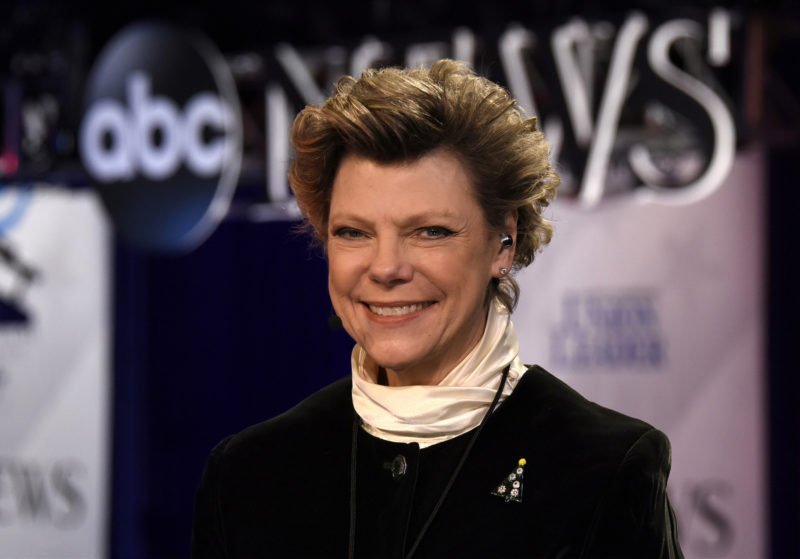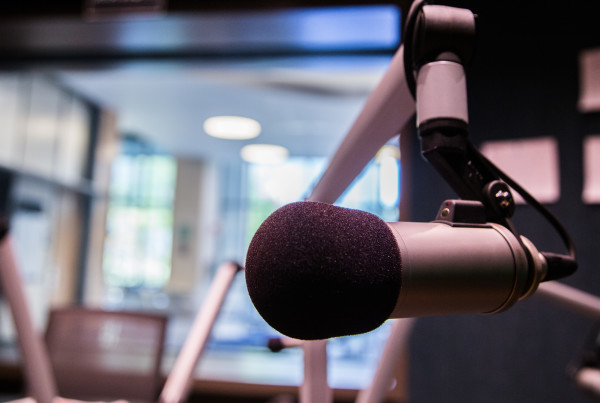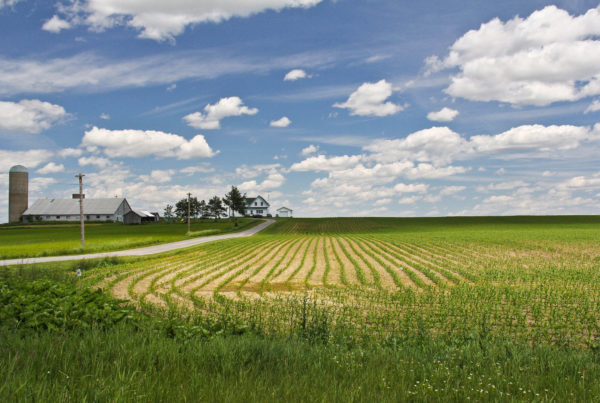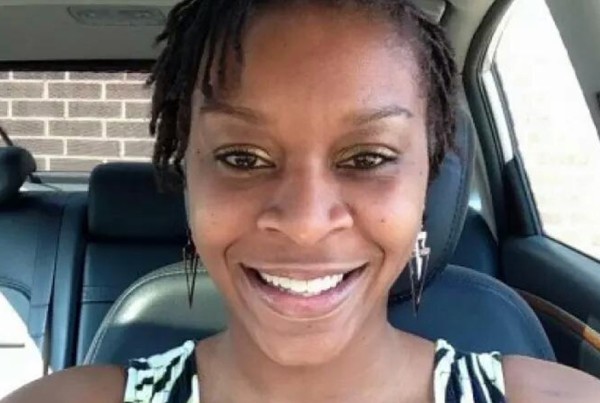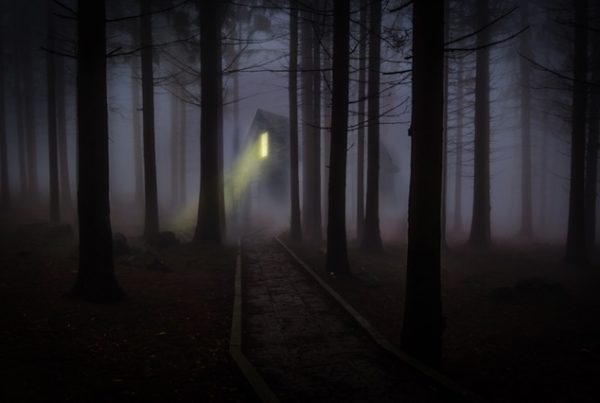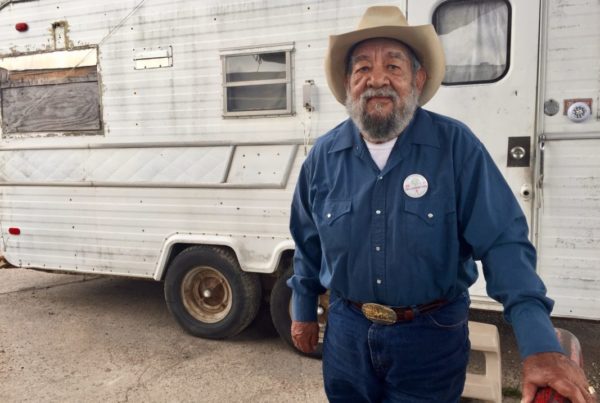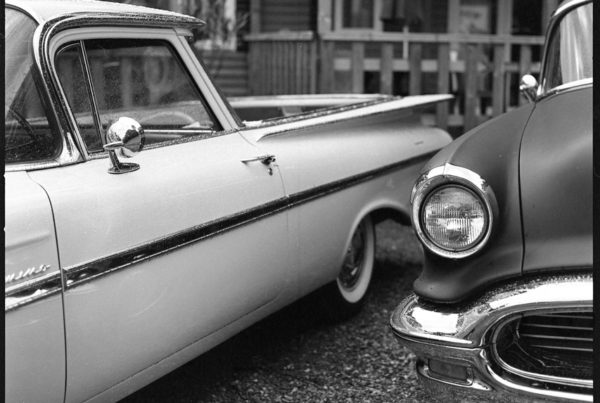“Journalism in the age of Trump” is more than just a very popular title right now for academic symposia. The media industry has been doing a lot of self-examination under a new presidential administration that’s changing the rules of engagement.
NPR News pioneer Cokie Roberts, longtime public radio journalist and commentator for ABC news, has been thinking a lot about the events of late. She says while she is “always anti-media” whining – she doesn’t see the current response to perceived attacks on the media as whining.
“This is a moment in media and political history where we really do have to take note,” Roberts says. “We don’t have to whine about gaggles and such but we do have to be very clear that our job is to tell the facts and to tell them accurately and if others in government present things that are not facts and inaccuracies – it is our job to say that.”
Still, Roberts says, journalists should not take the bait when it comes to making media itself the story in light of more important issues requiring attention.
“We go for the bright, shiny object and not for the boring, important other thing that’s going on,” Roberts says. “This administration is very clever about that. And any administration would do this if they could get away with it. I’m not saying that this is wrong, but they will distract from a story that’s not working for them and then we will just fall for it.”
Roberts says that’s in part because the president says things that are so unexpected and sometimes outrageous.
While Roberts’ role at NPR has evolved from reporter to commentator over the years, she says she still refrains from expressing her opinions much of the time. She says it’s important to her to maintain a level of balance in her coverage – the way she did for years in the early days of NPR alongside other top women: Susan Stamberg, Nina Totenberg and Linda Wertheimer.
“We weren’t running the show but we were certainly the most visible – or audible – members of the team,” Roberts says. “And part of that was that we were there everyday reporting. Every day, they’d hear our voices on Morning Edition and All Things Considered, every day. Part of it was that we were all good writers and so we could write a piece as well as just report a piece but I think part of it was that it was unusual to hear women covering the court and the congress and politics in the way that we were.”
Roberts often visits journalism classrooms now – where she says she encounters mostly female students. She says while it may be hard in the future to get jobs in the media industry as we’ve known it, she’s still optimistic about what’s ahead for journalism.
“I am a perpetual Pollyanna, there’s no getting around that,” Roberts says. “I do believe that, in the end, things will be OK. This is a tough time to be thinking that in all kinds of ways but I do believe that, in the end, we soldier through.”


